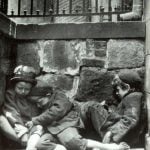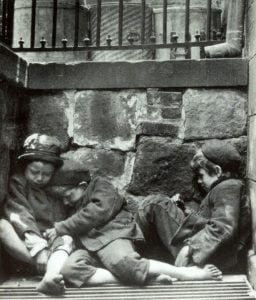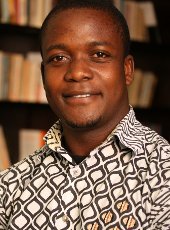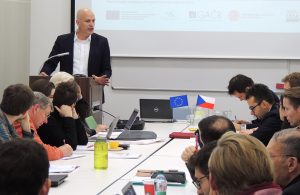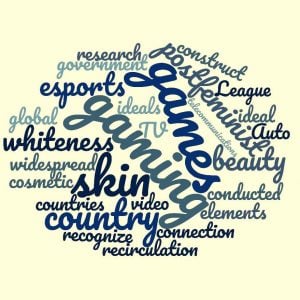 RTC Phd candidate Joshua Chase joins the 2019 Bedford New Scholars advisory board. According to Leah Rang, development editor at Bedford/St. Martin’s, the board advises the publishing company about
RTC Phd candidate Joshua Chase joins the 2019 Bedford New Scholars advisory board. According to Leah Rang, development editor at Bedford/St. Martin’s, the board advises the publishing company about
“teaching challenges they face and the research in the field that excites them. They also give us feedback on the direction of our new projects. In the process, Bedford New Scholars participants have the opportunity to connect with other graduate students from across the country and to learn a bit about how publishing works”.
She further stated in a blog post that the members of the board are nominated from among the leading programs from across the country. Josh was recommended to the board by Dr. Marika Seigel, the immediate past Director of the Composition program at Michigan Tech


